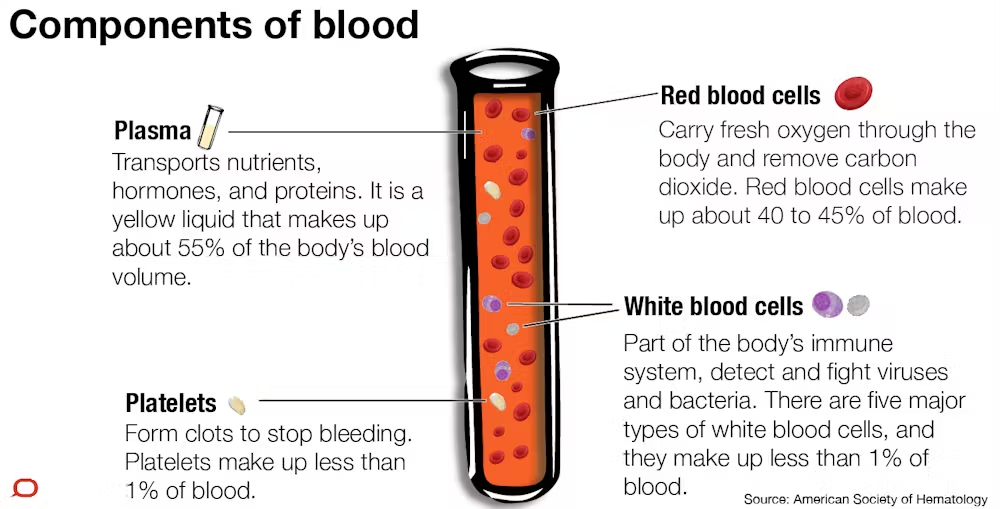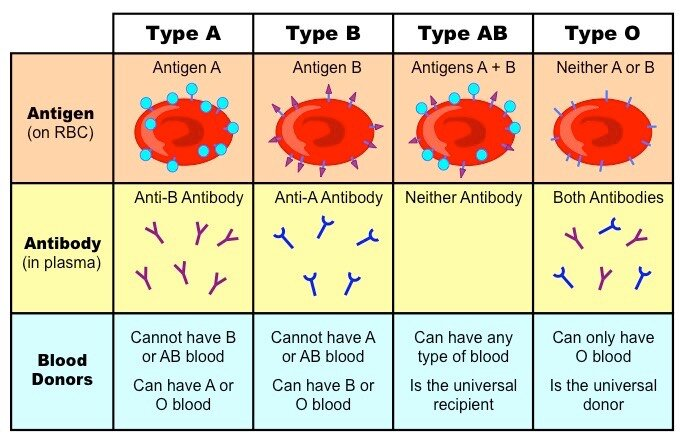Important Facts For Prelims
Rare Donor Registry Integrated with e-Rakt Kosh
- 24 Jun 2025
- 3 min read
Source: TH
Why in News?
The Union Health Ministry is integrating the Rare Donor Registry of India (RDRI) with e-Rakt Kosh to enable real-time access to rare blood types (such as Bombay, Rh-null, P-Null) and improve nationwide coordination among blood banks.
What is Rare Donor Registry of India (RDRI)?
- About: The Rare Donor Registry of India (RDRI) is a national database of rare blood group donors.
- It was developed by the Indian Council of Medical Research–National Institute of Immunohaematology (ICMR-NIIH) in collaboration with leading medical institutes.
- Purpose and Need: RDRI supports patients who require specially matched transfusions, particularly those suffering from thalassemia, sickle cell disease, and other rare conditions.
- Scope & Coverage: The registry includes over 4,000 screened donors, tested for more than 300 rare blood markers.
- It focuses on blood groups that either lack high-frequency antigens or have uncommon antigen combinations.
- Significance for People with Rare Blood Types: Rare blood groups are difficult to match. Transfusing incompatible blood may cause alloimmunisation, where the patient develops antibodies against transfused blood, complicating future treatments.
What is e-Rakt Kosh?
- About: e-Rakt Kosh is a centralized digital blood bank management system developed by CDAC under the National Health Mission.
- It provides real-time information on blood availability, donation camps, and blood banks across India.
- The platform connects donors, hospitals, and blood banks, enabling efficient tracking and safe transfusions.
Blood
- About: Blood is a vital fluid that transports oxygen, nutrients, hormones, and waste throughout the body.
- Produced in the bone marrow, blood also aids in immunity, healing, and waste removal via the liver and kidneys. An average adult has about 5 litres of blood.
- Components: It consists of 45% cells (red blood cells, white blood cells, and platelets) and 55% plasma, a fluid that carries proteins, vitamins, and minerals.
- Blood Types or Groups: There are 4 main blood groups/ types of blood: A, B, AB and O.
What is Bombay Blood Group?
Click Here to Read: Bombay Blood Group
UPSC Civil Services Examination, Previous Year Question (PYQ)Q. A married couple adopted a male child. A few years later, twin boys were born to them. The blood group of the couple is AB positive and O negative. The blood group of the three sons is A positive, B positive and O positive. The blood group of the adopted son is(2011) (a) O positive Ans: (a) |








